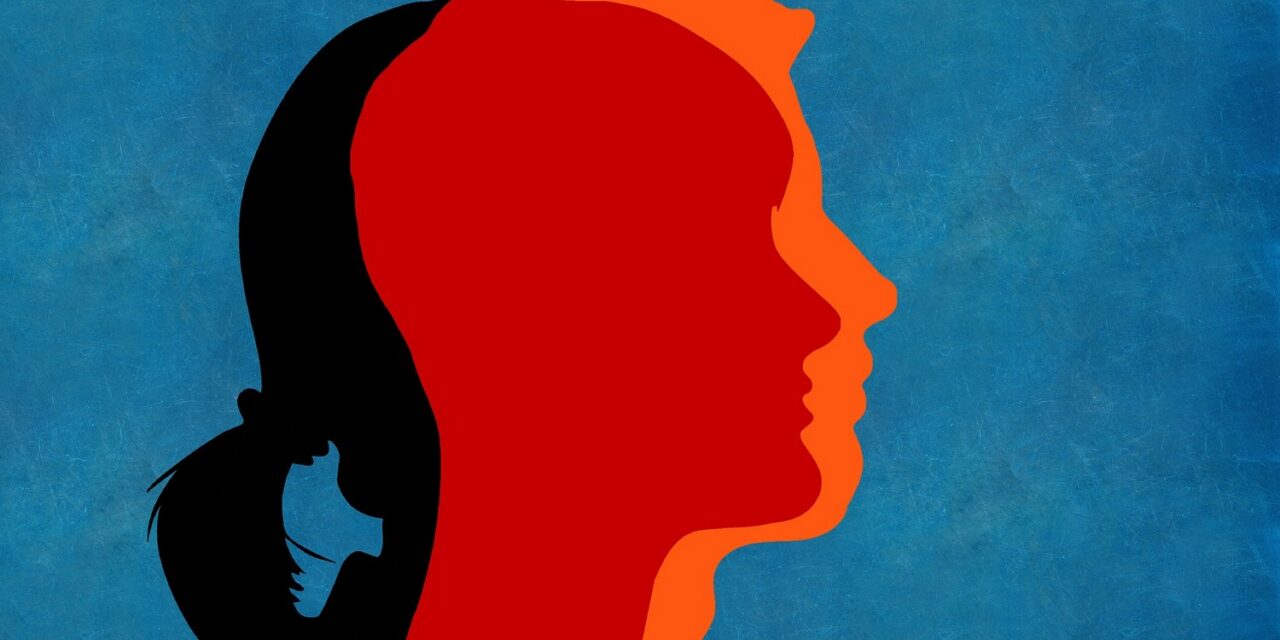Norwegian schools today encourage children to question who they really are.
The increase in the number of children and young people seeking health care for gender dysphoria began in Norway with the family program "Født i feil kropp" ("Born in the wrong body"), which was broadcast in the country in 2014, writes psychiatric nurse Kathrine Larsen in Nettavisen in its article - the Norwegian news portal Document draws attention to it.
In Larsen's opinion, things have gone too far today and many young people do not know what they are doing when they want to change their gender.
"Nowadays we see more and more cases where girls want to become boys and boys want to become girls. And TikTok and YouTube are full of videos of gender-confused youth. These videos help us get a clear picture of gender transition and encourage us to question our identity. This creates a contagious effect that is considered by many to be unhealthy," writes the nurse.
Larsen also points out that the facts about gender reassignment should not be pointed out today because it might offend someone.
Many people are afraid to say what they think out loud, lest they offend someone and be politically incorrect.
"Because we have to have a positive attitude towards this "trend". If we are not, we will be persecuted and branded as unethical and immoral. I am not alone in this thought, and freedom of expression should not silence anyone," he writes.
Larsen points out that the romanticization of gender dysphoria has even made it into the curriculum and
Norwegian schools today encourage children to question who they really are.
"It's worrying that such an educational program, as well as textbooks from major publishers, now present a new understanding of what gender really is. In today's schools, students receive knowledge that is not professionally based, which can be harmful," writes the nurse.
He points out that many transgender people struggle with mental illness, and that Sweden, once a pioneer in gender-affirming treatment, has now cracked down.
"We see more and more people who regret their gender change. Many emergency lights are flashing," he says.
The nurse takes a tough stance against today's society, which she says "applauds denial of reality and insecurity in ourselves." "If everyone can be who they "feel" like, then we have an unethical, impractical and counterproductive starting point for the stability we all seek. Could this be part of the reason why anxiety and depression are so common among today's youth?” Larsen asks in conclusion.
Cover image: Pixabay.com













